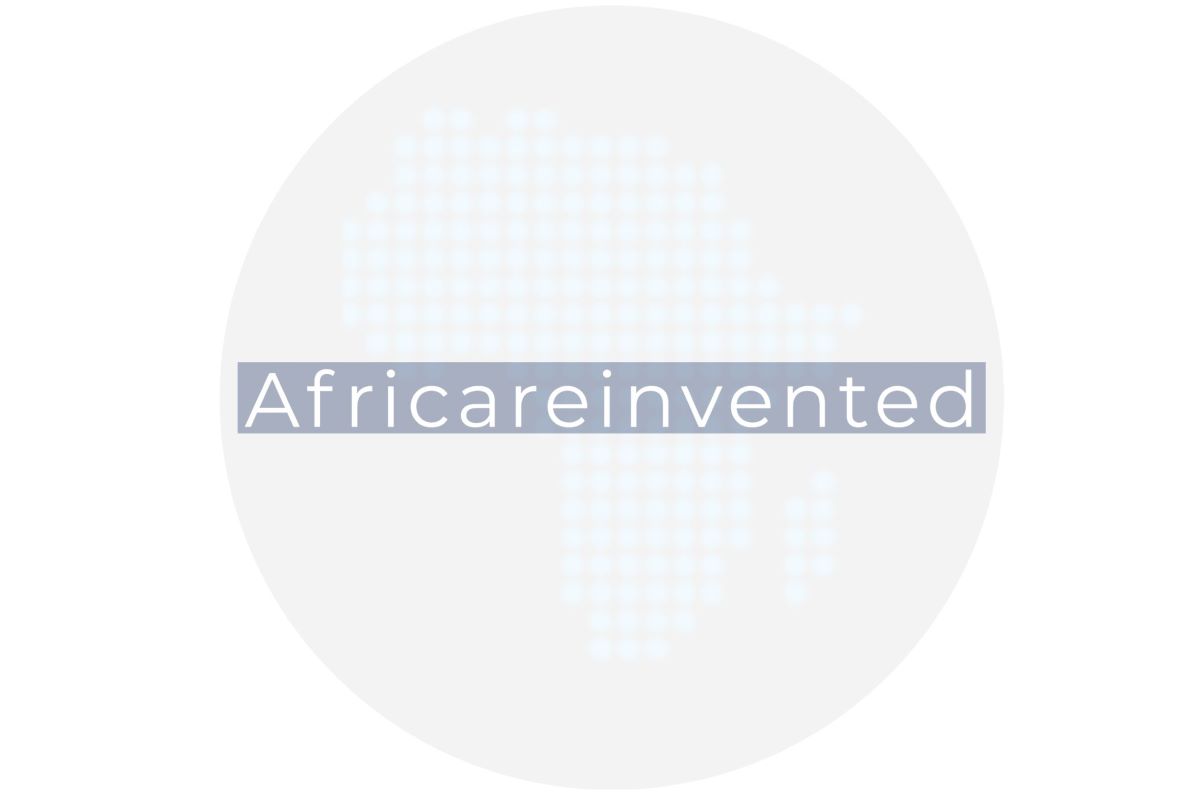Nigeria has received €15 million funding under the Nigerian Energy Support Programme, NESP from the European Union, EU, for the second phase expansion of its renewable energy sector.
NESP, a technical assistance programme co-funded by the EU and the German Federal Ministry for Economic Cooperation and Development, BMZ, has also been extended by one year in the current phase. The NESP phase 2 which began in 2017 will now run until November 30, 2022.
Ms Cecile Tassan-Pelzer, Head of Cooperation at the European Union Delegation to Nigeria and ECOWAS explained that the funding is an addition to the initial €20 million committed to supporting the Nigerian renewable energy and energy efficiency sector.
This brings the total funding of NESP phase II from the EU to €35 million.
Phase 1 of NESP ran from 2013-2017. During this time, the Nigerian government received support under the programme for the development of Mini-Grid Regulations, the National Renewable Energy and Energy Efficiency Policy, and the Building Energy Efficiency Code.
These key sustainable energy policies and regulatory instruments cost a total funding of €24.5 million. The EU and BMZ contributed €15.5 million and €9 million respectively.
NESP collaborates with the Nigerian Federal Ministry of Power, FMP, and aims to promote investments for renewable energy and energy efficiency. More so, its target is to improve access to electricity for inaccessible communities.
- New Device Management System, DMS for IMEI in Nigeria – What is it
- World Bank, AfDB partner with Husk to install solar mini-grids in Nigeria
- Renewable Energy Projects Awarded to Leading Companies in West Africa
NESP renewable energy phase 2
For the second phase, NESP is shifting its focus to implementation rather than the framework approach of phase 1.
It will further support private developers with the Mini-Grid Acceleration Scheme and the Interconnected Mini-Grid Acceleration Scheme processes already designed.
Tassan-Pelzer also listed the achievements of the current phase of the NESP since commencement in 2018;
- The launch of the One Stop Investment Platform for renewable energy and energy efficiency in Nigeria.
- Development and launch of 37 standards for Solar PV, Batteries, Inverters and Meters.
- Support to five Industries in Nigeria to achieve relevant ISO Certification.
- Validation of the State Building Energy Efficiency Code documents in Edo and Plateau states.
- Draft simplified Environmental and Social Management Plan Guidelines for solar mini-grid projects.
- The launch of the Central Data Management System (CDMS) for electrification planning in Nigeria
- Funding of 25 inter-connected mini-grids set for construction before the end of 2022.




